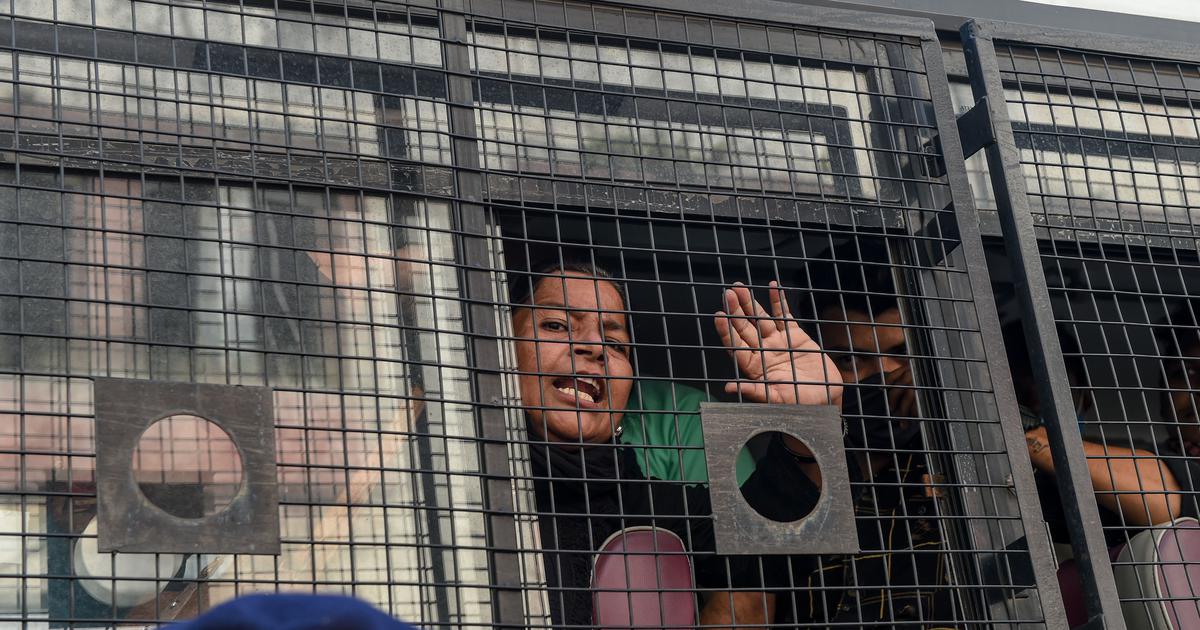
On October 8, Justice Sanjay Dhar of the Jammu and Kashmir High Court delivered a judgement that was remarkable in its ordinariness: it restated the law, common sense and the basic tenets of – what was once – the world’s largest democracy.
The case he was called to adjudicate upon was a two-year-old story in the Times of India. The headline read: “Stone pelters in J&K now target tourists, four women injured.” It was ordinary journalism, but it led to a criminal case against the reporter for “making or publishing a statement or rumour creating fear or alarm”.
The freedom of the press, said Justice Dhar, could not be imperiled on “grounds that are unknown to law” and “reporting of events, which a journalist has bona fide reason to believe to be true, can never be an offence”.
Yet, this is what journalism in India has become: an offence against the state.
Hectored, threatened, beaten
Journalists in Kashmir bear the brunt of this belief, as they are hectored, threatened, beaten and imprisoned; it is state policy, explicitly stated, to discourage journalism that is “against the national interest”. In Uttar Pradesh, it is unstated but state policy nevertheless to file criminal cases against journalists who do their jobs when the government does...
from Scroll.in https://ift.tt/3jRJfES
via MORE SARKARI JOBS CLICK NOW
from ALL Jobs News https://ift.tt/30WtVzu
via HOME JOBS NO INVESTMENT CLICK NOW FREELANCER WORK
from Novus News https://ift.tt/3ltKH0K
via WOMEN HEALTH INFORMATION

Post a Comment